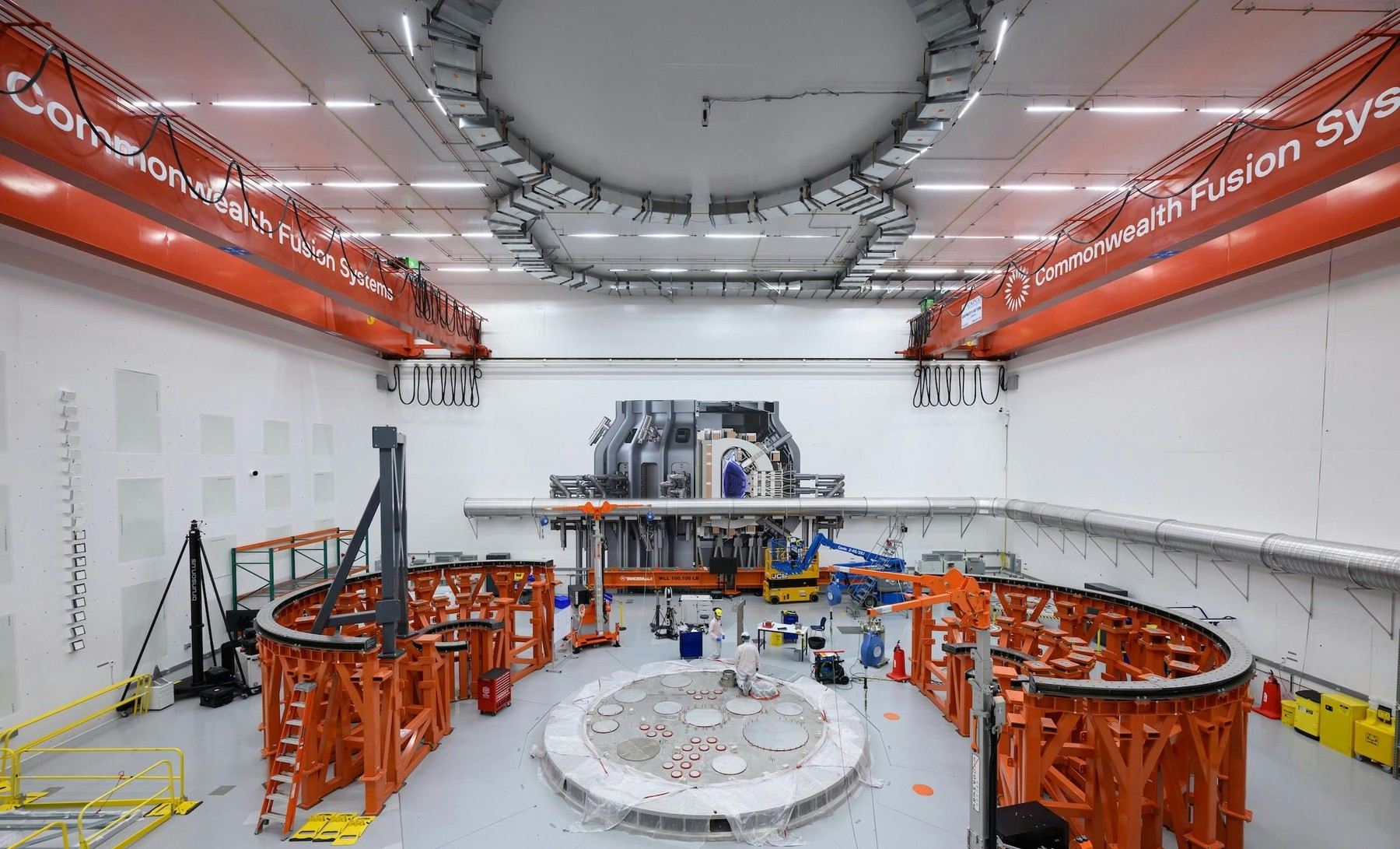The European climate tech sector has been experiencing rapid growth, and the electrification of key industries is emerging as the standout area for investment. According to a recent report from Dealroom in conjunction with SAP, electrification startups have attracted the lion’s share of venture capital (VC) funding in climate tech, claiming 62% of all investments between 2019 and 2024. This shift toward electrification signals a broader trend, as investors look for sustainable solutions to phase out fossil fuels.
In this deep dive, we explore the factors driving this surge in investment, the various sub-segments of the electrification sector, and analyze what this means for the future of climate tech in Europe.
Surge in Electrification Investments
Electrification startups have emerged as the primary recipients of climate tech investment in Europe, accounting for 62% of VC funding from 2019 to 2024, according to Dealroom data . This influx of capital reflects a growing recognition of the potential for electrification technologies to transform key industries and reduce reliance on fossil fuels. The sectors receiving the most attention include electric vehicle (EV) batteries, solar energy, green hydrogen, and battery recycling.
One of the key drivers of this investment boom is the need for clean energy alternatives that can support Europe’s transition to net-zero emissions. Notably, the EV battery segment alone attracted $9.1 billion in 2023/2024, making it the most funded sub-sector within electrification. Startups like Northvolt, a Swedish battery maker, raised $5 billion in early 2024 to fund its gigafactory expansion and are pioneering the development of sodium-ion batteries . This kind of investment signals confidence in the scalability and impact of electrification technologies.

Key Electrification Segments
- Electric Vehicle Batteries
The electric vehicle battery market stands at the forefront of climate tech investments, with startups racing to develop more efficient, cost-effective, and scalable battery solutions. The report highlights that $9.1 billion of venture capital flowed into this segment in 2023/2024 , making it a critical area of growth within electrification. Companies such as Northvolt and Nyobolt are leading the charge. Northvolt’s $5 billion fundraising highlights the scale of investment needed to meet the demand for batteries to power the next generation of EVs.
The rapid growth in the EV market is not just about replacing conventional internal combustion engine vehicles. It is also about improving battery technology to increase range, reduce charging times, and lower production costs, all of which are vital to making EVs more accessible to consumers. - Solar Energy and Green Hydrogen
Alongside EV batteries, solar energy and green hydrogen are key areas within the electrification space that have garnered substantial attention. Solar energy startups are focusing on improving the efficiency and scalability of photovoltaic technologies, while green hydrogen—produced through electrolysis using renewable electricity—is increasingly seen as a solution for decarbonizing hard-to-electrify sectors like heavy industry and transportation.
Venture capitalists are particularly excited about the prospects of green hydrogen, which can be used in industries where direct electrification is challenging. The European Union’s Green Deal has made hydrogen a priority, further fueling investor interest. Meanwhile, solar companies are benefiting from the continued decline in costs for solar panels and batteries, making renewable energy systems more economically viable.
The Appeal of Heat Pumps and Building Efficiency
Another major theme in electrification is the push for building efficiency through innovations like heat pumps. With European governments focusing on reducing the carbon footprint of buildings, which account for around 36% of the region’s greenhouse gas emissions, heat pump startups have become an attractive investment opportunity for VCs.
The electrification of heating and cooling systems is seen as a crucial step toward achieving energy efficiency in homes and commercial buildings. By replacing traditional gas boilers and air conditioning units with heat pumps, electrification not only helps reduce emissions but also offers long-term energy savings. This trend is gaining momentum, with countries like Germany offering subsidies to accelerate heat pump adoption.
Challenges in Marine and Wave Energy
While electrification investments have surged in certain areas, not all sectors have seen the same level of interest. Marine and wave energy generation, for instance, has attracted comparatively little investment over the past few years. These technologies, while promising in theory, face significant technical and cost barriers that have prevented them from scaling up as rapidly as other clean energy sources.
The limited investment in marine energy highlights a broader trend in VC funding: investors prefer technologies that are closer to commercialization and capable of delivering faster returns. The electrification of transport and buildings is seen as a safer bet, given the clear path to scaling these technologies.
Climate Insider Analysis
The dominance of electrification startups in attracting climate tech investment reflects both market and policy shifts in Europe. As the European Union pushes forward with ambitious climate targets, electrification provides tangible, scalable solutions for decarbonizing key sectors such as transportation and construction. EV battery innovation, solar power advancements, and the development of green hydrogen are driving the energy transition forward.
However, the uneven distribution of investment across different electrification segments, with sectors like marine energy lagging behind, suggests that VC interest is focused on proven technologies with clear commercialization potential. As investors continue to prioritize electrification, the challenge will be ensuring that nascent technologies with long-term potential, like marine and wave energy, are not overlooked in favor of short-term gains.
Notable Electrification Startups in Europe
- Northvolt (Sweden) – EV battery manufacturer focusing on sustainable battery production and scaling gigafactories across Europe.
- Nyobolt (UK) – Specializes in ultra-fast charging battery technologies for electric vehicles and energy storage systems.
- Electra (France) – Develops battery recycling solutions to improve sustainability in the energy and EV sectors.
- Verkor (France) – A battery startup building high-performance batteries for electric vehicles and stationary storage.
- Skeleton Technologies (Estonia) – Focuses on ultracapacitor energy storage technologies to complement EV battery systems.
- Zolar (Germany) – A solar energy startup providing affordable solar panel installation services for residential and commercial buildings.
- SunRoof (Sweden) – Innovates in solar energy by integrating solar panels into roofing systems for residential and commercial use.
- H2 Green Steel (Sweden) – A green hydrogen startup aimed at decarbonizing steel production using hydrogen and renewable energy.
- Ecocem (Ireland) – Specializes in low-carbon cement production using electrification technologies to reduce the carbon footprint of construction.
- Tibber (Norway) – A digital energy company using AI to optimize electricity consumption in homes with a focus on renewable energy sources.
- Sunfire (Germany) – Develops high-temperature electrolyzers that produce green hydrogen for industrial applications.
- PlanET Biogas (Germany) – A biogas and electrification company helping industrial clients reduce carbon emissions through renewable energy solutions.
- Volta Trucks (UK) – Manufactures fully electric trucks designed for urban logistics and sustainable transportation.
- InnoEnergy (Netherlands) – Focuses on accelerating the energy transition by supporting electrification and sustainable energy startups across Europe.
This wave of innovation promises to reshape Europe’s energy landscape, making electrification one of the most promising fields in climate tech.








